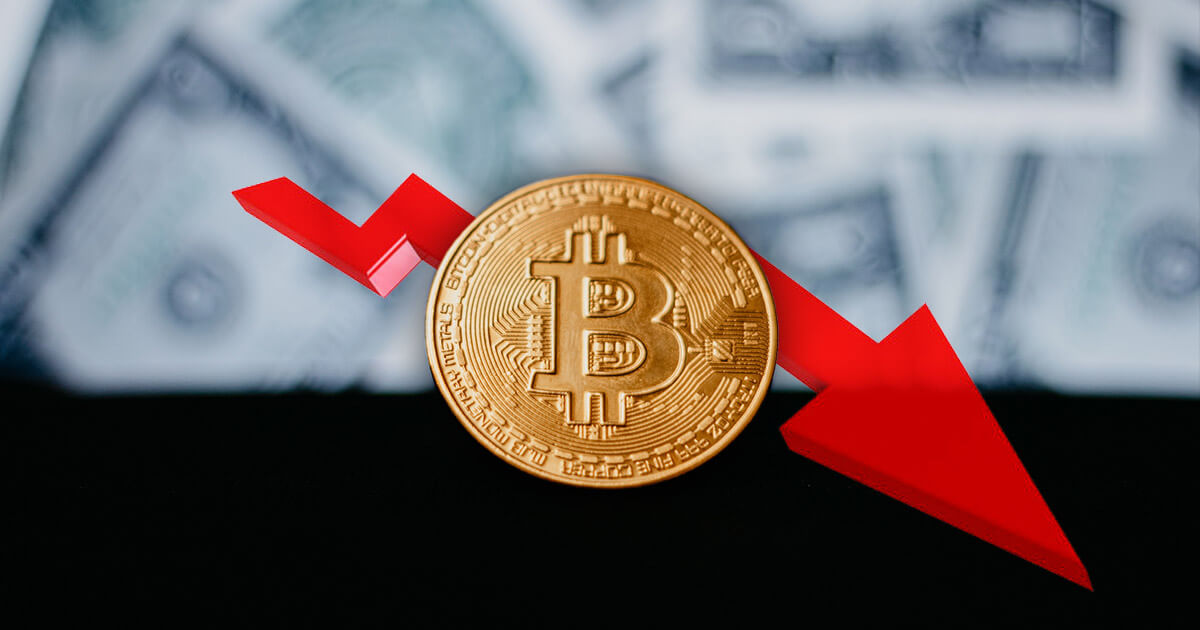The Internal Revenue Service (IRS) is gaining access to crypto bank sFOX’s customer records as a means of investigating potential tax evasion.
According to a new press release, the IRS has obtained a court order authorizing it to dive into sFOX’s records to find US customers that allegedly traded virtual assets and failed to file taxes.
Crypto prime dealer sFOX, which had previously partnered with M.Y. Safra Bank to offer users banking digital assets trading services, must now hand over its crypto transaction data to the IRS after the agency won a court battle allowing them to issue a John Doe summons.
“sFOX has over 175,000 registered users who have collectively undertaken more than $12 billion in transactions since 2015. Based on its recent experiences with cryptocurrencies, the IRS has strong reason to believe that many virtual currency transactions are not being properly reported on tax returns.
Among other reasons, there is no third-party reporting to the IRS in connection with such transactions, and summonses served on other cryptocurrency dealers have revealed significant underreporting of such transactions.
Further, IRS investigations have identified at least ten US taxpayers who used SFOX’s services for cryptocurrency transactions but failed to report those transactions to the IRS as required by law.”
A John Doe summons is an investigative tactic used to uncover the identities of individuals that are alleged to have evaded taxes. Though M.Y. Safra Bank itself is not accused of breaking any laws, the firm still must comply with the summons, according to the press release.
“The John Doe summons directs M.Y. Safra to produce records that will enable the IRS to identify US taxpayers who were customers of sFOX and who engaged in cryptocurrency transactions that may not have been properly reported on tax returns.”
As stated by IRS Commissioner Charles P Retting,
“The government’s ability to obtain third-party information on those failing to report their gains from digital assets remains a critical tool in catching tax cheats. The court’s granting of the John Doe summons reinforces our ongoing, significant efforts to ensure that everyone pays their fair share.
Taxpayers earning income from digital asset transactions need to come into compliance with their filing and reporting responsibilities.”
Don’t Miss a Beat – Subscribe to get crypto email alerts delivered directly to your inbox
Check Price Action
Follow us on Twitter, Facebook and Telegram
Surf The Daily Hodl Mix
 
Disclaimer: Opinions expressed at The Daily Hodl are not investment advice. Investors should do their due diligence before making any high-risk investments in Bitcoin, cryptocurrency or digital assets. Please be advised that your transfers and trades are at your own risk, and any loses you may incur are your responsibility. The Daily Hodl does not recommend the buying or selling of any cryptocurrencies or digital assets, nor is The Daily Hodl an investment advisor. Please note that The Daily Hodl participates in affiliate marketing.
Featured Image: Shutterstock/inmood
Credit: Source link

















